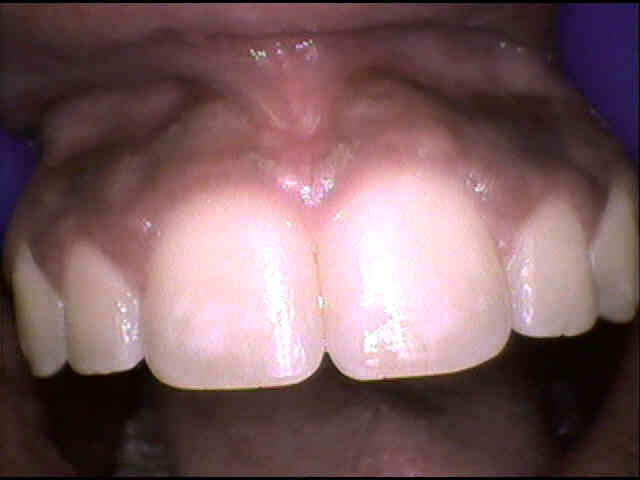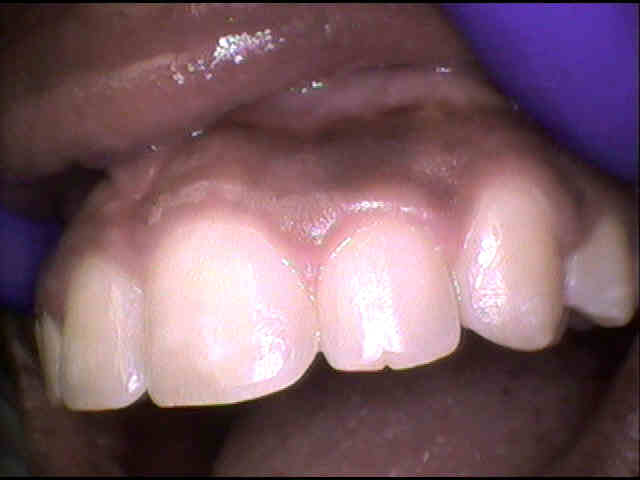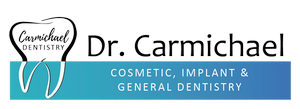What is Gingivectomy?
Gingivectomy is a surgical procedure done to the gums. It involves cutting away a portion of the
gums from around the teeth, either for cosmetic reasons or therapeutic needs.

Who needs gingivectomy?
Gingivectomy is done to patients that have problems with the shape of their gums, or if their gums are abnormally misshapen and enlarged. Examples of cases needing gingivectomy include:
Probably the most common need for gingivectomy. People suffering from gummy smiles have abnormally increased gum display when they smile, giving the impression that their mouth is too big or their teeth are too small. If you ever notice a person with properly shaped teeth with decent color and still think that there is something wrong with their smile, the reason is probably the gums. Normally, only 2 to 3 mm of the gums should show during smiling, anymore requires resection through gingivectomy.
Some patients suffer from abnormally enlarged gums, either due to periodontal disease or due to some medications as anti-epileptic medication. In these cases, the excess gums are cut away surgically to give proper appearance, as well as eliminate the pain and bleeding and facilitating the cleaning and oral hygiene procedures.
Patients who suffer from bone loss due to periodontal disease often complain of spaces between their teeth where food is impacted and is very difficult to clean. These spaces are called pockets. While there are other treatments for pockets, but when they reach a severe stage, all the dentist could do is cut away at the gums that cover the pockets, creating larger but easier to clean gaps between the teeth.
When you have had a cavity in your tooth for so long and left untreated, it is very common for the gums next to that cavity to overgrow and fill that void. This is called a gum polyp. Gingivectomy is needed to remove that polyp before attempting to restore the cavity with a filling.
How is gingivectomy done?
This surgery is mostly done by a specialist called a periodontist. After numbing the area of the surgery, the periodontist would use a graduated instrument called a periodontal probe to make depth marks on the gums, indicating how much of the gums is to be removed. Two techniques are available nowadays for the surgical procedure:
The old but gold method, where a scalpel is used to cut away the indicated part of the gums, and the cut part is then removed with a forceps and the area is treated and smoothed with specialized hand instruments.
The newest updates in periodontal surgery is using lasers. Lasers have the advantage of being extremely easy to use, causing minimal pain and swelling, and controlling the bleeding as the laser removes the gums in layers while cauterizing the blood vessels on the go.
After the surgical phase is done, the part of the gums that was operated on is covered by a palliative pack, that aims to reduce the pain and swelling and protect the exposed part of the gums from infection.
What should I expect afterwards?
A bit of mild pain and swelling is of course expected, which is minimized if lasers are used. Some minor bleeding is also normal, and should stop on its own in a day or two. The pain, swelling and bleeding could be easily controlled by using pain killers, anti-inflammatory medications as well as cold compresses for a few days. The pack should be removed in a week and the healing checked by the periodontist.














